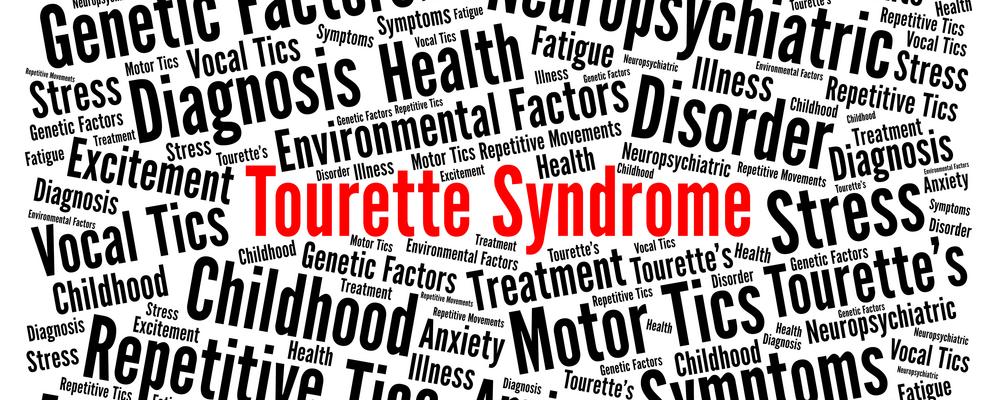
Don’t forget-Tourette!
Geir Ogrim's latest blog entry
[Posted on 21 August, 2018 by Geir Øgrim]
Every post on Gillberg’s blog is a “must”. Interesting views related to ESSENCE are presented, often with a primary focus on autism. Few, if any, comments so far have explicitly focused on Tourette’s syndrome (TS). This blog intends to draw attention to TS as these patients often do not get the help they deserve.
Some decades ago TS was seen as a very rare disorder. Applying the present criteria, a prevalence of 0.5-1% is reported. Unlike other ESSENCE conditions, TS can be diagnosed in the absence of obvious impairment. In these cases, the treatment is simply to inform what TS is, and is not. In other cases, tics are definitely impairing. Pelle Sandstrak, known for his book “Mr. Tourette and me”, tells that he needed hours to cross the doorstep in the right way. Some patients can’t control what comes out of their mouths but try to stop themselves (too late) by biting their lips, worsening the wounds already there. The old video, “John’s not mad” shows that young John had to eat all meals by himself because of uncontrolled spitting.
Professor Mary Robertson runs a TS clinic in London. Many years ago, she introduced the concept TS+ to complement the DSM/ICD diagnosis. TS+ is indeed ESSENCE. The chronic motor and vocal tics that define the disorder need not be a big problem, but increased anxiety, full-blown OCD or symptoms thereof, ADHD, blind rage, mood swings or learning disabilities are very common. Treatment is often difficult. Psychostimulants for ADHD may in some cases worsen tics. Sometimes it may be difficult to know if the ADHD symptoms are “genuine” or reflect the struggle to control tics. The obsessive-compulsive symptoms of TS are often different from OCD, which means that “Exposure and Response Prevention” (ERP) is not the treatment of choice. TS patients often say that the rituals are completed because things have to be “just like that”. Tics do not reduce catastrophic thoughts as in OCD.
It is a myth that most people with TS have extreme symptoms like unintentional obscene utterances or terrible rage attacks, but some do suffer from such symptoms. Parents sometimes describe extreme rage attacks, completely “out of the blue”. During such attacks, communication with the child is not possible. Afterwards the child is completely worn out, deeply regretting what happened. Reading Ross Greene’s book, “The Explosive Child”, has helped many parents.
Some TS patients describe the despair of not being able to control their movements or vocalizations; eye blinking, grimaces, grunting. This gets even worse if they find themselves shouting out obscenities or racist statements to people they do not know.
What about treatment for TS? If the tics are impairing, the behavioural treatment called Habit Reversal Training (HRT)/Cognitive Behavioural Intervention for Tics (CBIT) should be the treatment of choice if the patient is nine years or older, is motivated to learn how tics can be controlled, and is not too bothered by other ESSENCE conditions. The core of HRT is that the urge to make tics is reinforced by ticking because ticking removes sensations of discomfort. To break the vicious circle, the key is to find actions/postures/breathing patterns that block the tics until the urge disappears. Not always easy, but it works in about half of all cases. The similarities between HRT for TS and ERP for OCD are obvious.
There are many treatment options available for TS and comorbidities – psychoeducation, HRT, medications, adjustments in school… Too many professionals lack the knowledge of how to help. In Norway the treatment of OCD is effectively organised into specialised OCD teams, and treatment of TS should be part of this system, without losing the very important ESSENCE perspective; in the majority of TS cases the basic treatment needs are related to comorbid conditions.
[This is a blog. The purpose of the blog is to provide information and raise awareness concerning important issues. All views and opinions expressed are those of the writer and not necessarily shared by the GNC.]